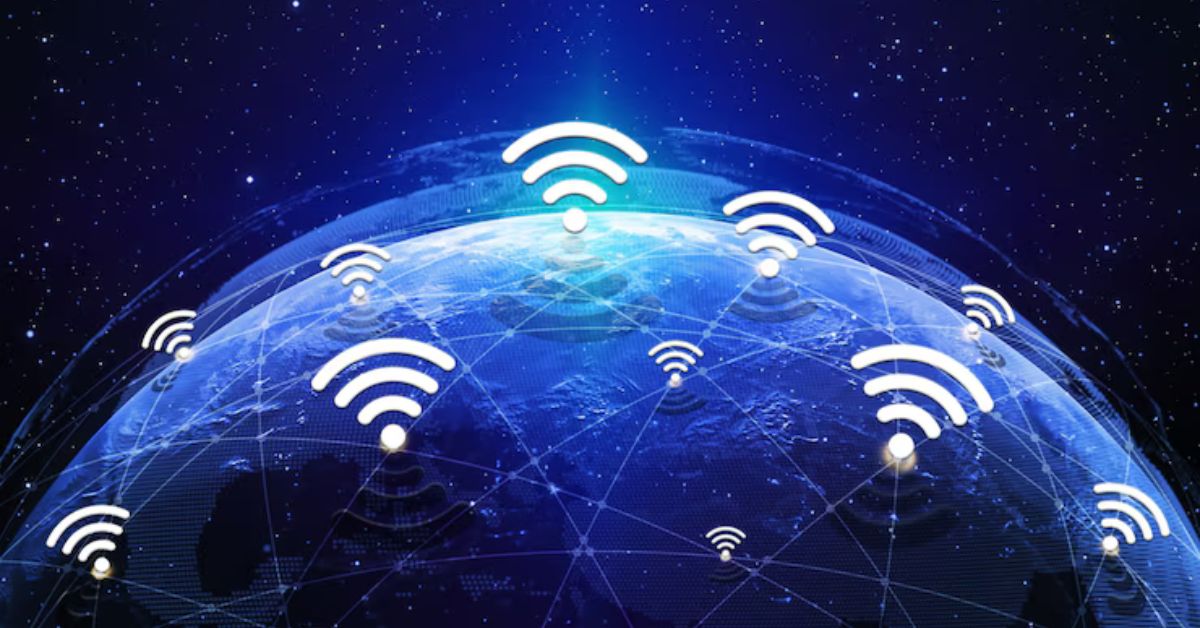All About the IP 185.63.253.300: Guide for Beginners

In this enthralling realm, you will find IP addresses. In case you’ve ever wanted to know how your gadgets talk to one other online, you’re about to be treated. An IP address is a one-of-a-kind identification that is assigned to any device that is linked to a network. Assuring proper data routing throughout the enormous network of information is like having a physical address for your computer or smartphone.
The IP address 185.63.253.300 is the focus of our investigation today. No matter where you are in your networking journey or whether you’re simply curious about the inner workings of these numerical labels, this book will provide you the fundamental information you need to grasp the concept of an IP address and its significance in our digital life. All the way from deciphering its function to investigating its typical applications and possible problems with 185.63.253.300, we’ve got you covered!
Ready? Let’s get started!
What is the IP 185.63.253.300?
Among the most interesting IPv4 addresses is 185.63.253.300. It is a numerical identifier for computers and other networked devices that communicate over the Internet Protocol.
The address in question consists of four numerical sequences, with periods between each pair. As the values in each set can go from zero to two hundred and fifty, familiarity with their construction and function is crucial.
Although this IP address isn’t commonly used, familiarity with its fundamentals can assist to clarify the process of data transmission over the internet. Having a good knowledge of such addresses can help you navigate online interactions more effectively.
Like regular postal addresses, IP addresses like 185.63.253.300 are essential for the proper routing of information between servers and devices all over the world.
The Purpose of IP Addresses
In the digital realm, IP addresses are crucial identifiers. An IP address is necessary for communication between any device that is linked to a network. Imagine it as the physical location of your computer; it’s the key that unlocks all the doors.
Packets are guided to their final destinations by this number identification when they are sent over the Internet. In its absence, communications would be obscured by the incessant ringing of competing devices.
Also, servers and networking gear can use IP addresses to decide how to route data. They figure out the best way to send info. These addresses are always hard at work behind the scenes while you use the internet to browse or stream media.
Additionally, they are able to differentiate between devices connected to private and public networks. From domestic connections to worldwide contacts over enormous networks, this differentiation aids in the maintenance of structured communication systems that meet a variety of purposes.
Understanding the Different Parts of an IP Address
An IP address is designed to facilitate communication between devices. A good example of the format is 185.63.253.300.
Separated by periods, this address is composed of four independent octets. Octets store binary values in decimal representation and can take on values between zero and two hundred and fifty-five.
In the initial section, titled “185,” the network is introduced. It tells you to which bigger internet sector your device falls.
The next number, “63,” further specifies the subnets or groups that make up that main network.
Within certain subnets, the third octet, “253,” aids in data routing even more accurately.
As a last point, the address “300” is invalid since each segment must be in the range of 0 to 255. This illustrates the importance of each component in the correct routing of information across networks, though.
Common Uses for IP 185.63.253.300
In the vast world of the internet, IP 185.63.253.300 has several functions.
Web hosting providers make extensive use of it. In order to provide a smooth user experience, websites frequently employ unique IP addresses to access their content.
Servers responding to data requests from various devices is another typical use case. Effective routing is made possible by the given IP, guaranteeing a seamless flow of information between users and databases.
In addition, this address can be used for online security purposes, such as tracking associated activities to detect possible threats or attempts at illegal access.
Furthermore, companies may use these IPs for analytics, learning more about platform users’ participation and habits.
Enabling effective communication inside networks and keeping organization among innumerable devices globally, each device connected to the internet could be allocated an IP address like 185.63.253.300 during ordinary operations.
Potential Issues and Solutions with this Specific IP Address
Some users may have connection troubles while interacting with the IP address 185.63.253.300. Poor or interrupted service is a common occurrence.
This IP address may be on a blacklist because of previous spam or malicious activities, which might be a problem. When utilizing this IP address to send emails, users run the risk of having them marked as spam.
Your online experience may be restricted depending on location settings associated with this address, which is another cause for worry.
If you’re experiencing any of these issues, try rebooting your router and making sure your device has a solid connection. Getting in touch with your ISP will assist shed light on any IP limitations imposed if you have concerns about blacklisting.
Bypassing geographical borders and guaranteeing safe surfing experiences across numerous online platforms can be achieved by setting up a virtual private network (VPN).
Conclusion
In the modern internet world, knowledge of IP addresses like 185.63.253.300 is crucial. The function of these number designations in the communication of devices via the internet is vital.
If you want to learn more about networking, it will help you to understand that IPv4 and IPv6 are different.
After you grasp this concept, you’ll have no trouble traversing private and public IPs. Within their own domains, each kind performs a unique function.
Being aware of where to go for answers will help you advance in your IT journey in the event that you have problems associated with particular IP addresses.
There will be improved connection and communication for everyone participating in online activities if we keep digging into this intriguing subject.
FAQS
1. What type of device uses an IPv4 address?
Any internet-connected device that needs to communicate, such as a computer, smartphone, router, or server, can be allocated an IPv4 address, such as 185.63.253.300.
2. How do I find my own IP address?
An easy way to discover your public IP address is to use Google’s “What is my IP” search feature or one of the many websites that provide this information.
3. What’s the difference between IPv4 and IPv6?
IPv6 addresses increase the capacity of IPv4 addresses—which consist of 32 bits—to 128 bits—in response to the increasing number of devices requiring unique identifiers on networks.
4. Can I change my public IP address?
Yes! If it doesn’t work, try contacting your Internet Service Provider (ISP) or resetting your router; however, the specific steps to take will depend on your ISP’s regulations.
5. Are there security risks associated with having a public IP address?
It is recommended to constantly utilize firewalls and keep software up-to-date to safeguard publicly accessible computers from cyber assaults.
You might also like : Your Ultimate Guide to Reaching Out






